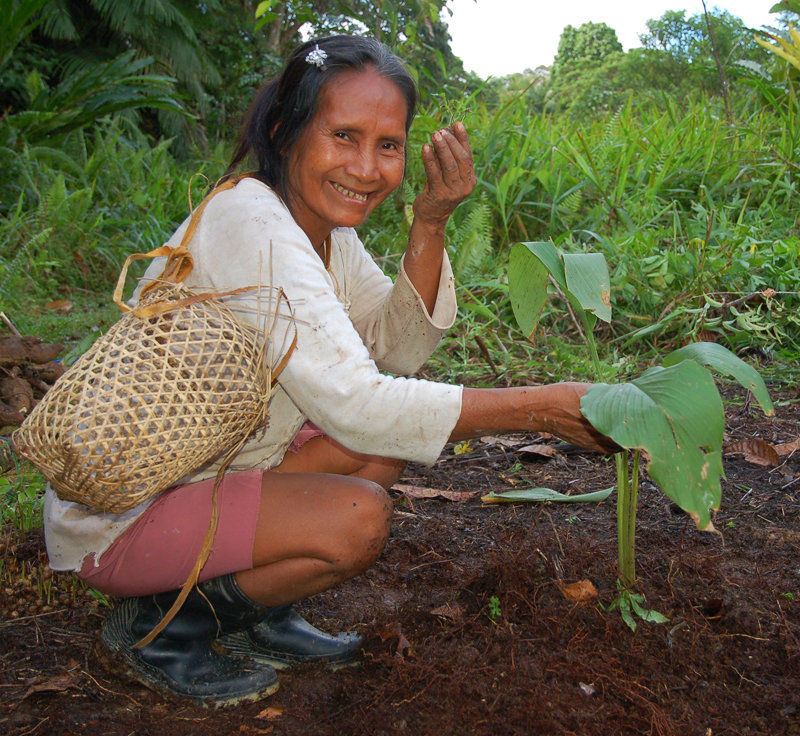
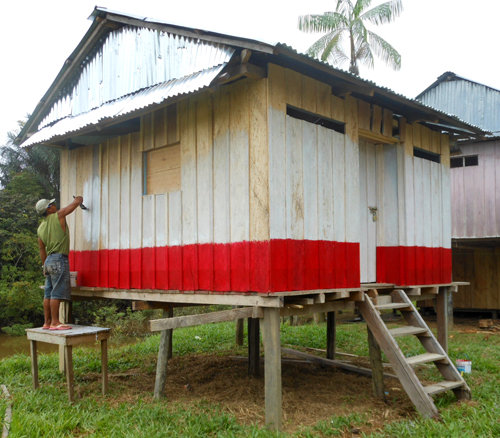
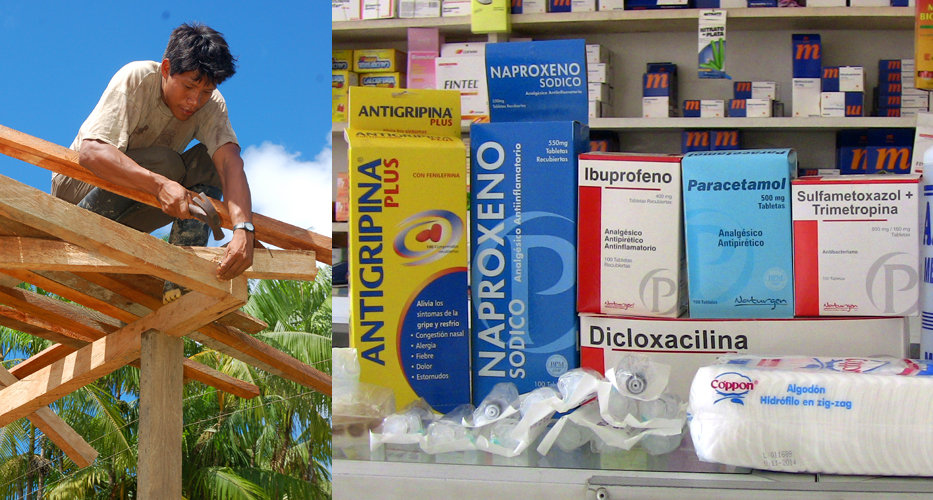
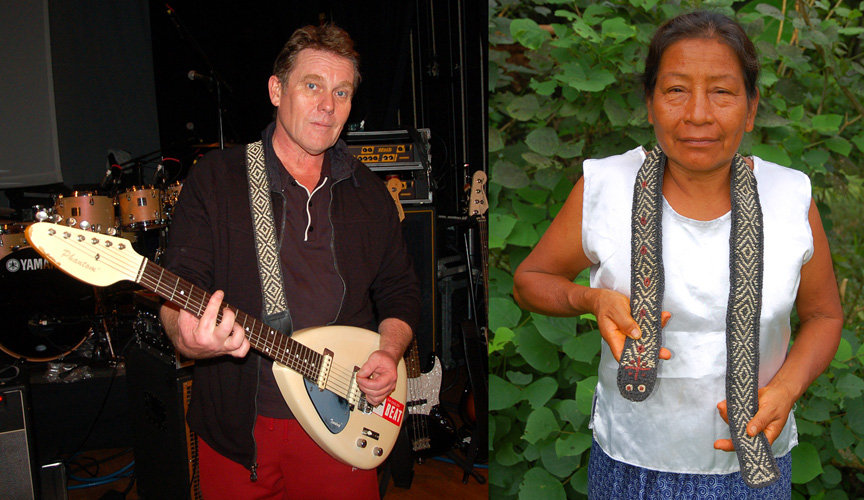
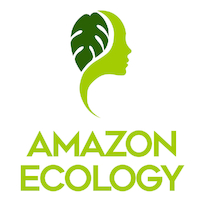
Our Mission: Background Philosophy The Amazon rainforest has the largest concentration of animal and plant life in the world. It is also home to hundreds of indigenous groups and tens of thousands of other people who make their living in the forest. The biggest challenge and opportunity for the Amazon is to transform the vision of development that impacts its water, land, plants, animals and people. The current model promotes the production of mass commodities. The new model needs to focus on sustaining diverse human and other biological communities. One important path to creating a sustainable future for the Amazon is to strengthen its traditional communities. People who have strong c... read more Our Mission: Background Philosophy The Amazon rainforest has the largest concentration of animal and plant life in the world. It is also home to hundreds of indigenous groups and tens of thousands of other people who make their living in the forest. The biggest challenge and opportunity for the Amazon is to transform the vision of development that impacts its water, land, plants, animals and people. The current model promotes the production of mass commodities. The new model needs to focus on sustaining diverse human and other biological communities. One important path to creating a sustainable future for the Amazon is to strengthen its traditional communities. People who have strong cultural identity, secure control of their land, intimate knowledge of their resources, and fair partnerships to develop their local economy will be strong defenders of the rainforest for the benefit of us all. Mission The Center for Amazon Community Ecology's mission is to promote the understanding, conservation, and sustainable development of human and other biological communities in the Amazon region. Goals Our main goals are to: 1. Study the ecology, sustainable harvest and marketing of tropical forest products. 2. Assist forest-based peoples to sustain local resources and strengthen their communities. 3. Help connect Amazon communities with partners in the U.S. and elsewhere to support forest conservation and other local development goals. Strategies The main strategies for achieving our goals are research, community support, and education. This will include investigating the ecology and sustainable harvest of non-timber forest products (like resins, fruits and fibers) and assisting indigenous and other forest-based communities to manage and market them to support local development and conservation. This will require reaching out to and connecting many people and communities in the Amazon and abroad. The Center promotes conservation and development that will sustain diverse human and other biological communities in the Amazon region. We specifically wish to improve the understanding of Amazon ecology, help strengthen the region's traditional communities, and educate the public about key Amazon environmental concerns. Our programs will focus primarily on researching the ecology, and promoting the sustainable harvest and marketing of non-timber forest products (NTFPs). Indigenous and other traditional people collect thousands of non-timber forest products (NTFPs) for food, medicine, construction, and other purposes. These products include fruits, fibers, resins, oils and a variety of animal products. Forest people use many NTFPs in their daily lives and sell some to buy goods not available in the forest. Helping communities to sustainably harvest and sometimes market NTFPs can, therefore, help enhance their cultural traditions, local economy and forest conservation. Supporting peoples' intimate knowledge and use of plants for traditional medicines reinforces the connection between healthy forests and a community's well-being. People who can harvest fruit, fish and game meat are less likely to burn forest to raise cattle or cash crops to buy other foods from the city. People can sell NTFPs as one way to buy basic necessities and help local development projects. Self-sufficient communities are better able to resist accepting outside proposals that bring in short-term cash at the expense of their environment. There are ecological and other challenges to sustainably and profitably havesting NTFPs. Growing communities can easily overharvest NTPFs that commonly used in their daily lives or collected for commercial purposes. It is also not easy to make a good profit harvesting and selling NTFPs. It may be too difficult or expensive for remote communities to send some products to market. Harvesters that sell raw or slightly processed NTFPs receive very little money for their products. The Center will help forest-based communities in the Amazon address these and related challenges through three main program areas: Research, Community Support, and Education and Outreach. Research projects will investigate the ecological, social, and economic aspects of culturally and commercially important NTFPs in the Amazon region. Community Support projects will help partner communities develop specific management and marketing programs for NTFPs and provide support for other local development projects. Education and Outreach programs will publicize current Amazon ecology and community issues, create partnerships with Amazon community groups, and enlist public support for Center programs and goals.

Each of GlobalGiving’s nonprofit partners is required to send quarterly donor reports detailing the impact of their work. Here are some of their recent updates:
By Campbell Plowden | Project Leader and Executive Director
While the main focus of Amazon Ecology’s work is helping traditional artisans increase their income by making and selling fair-trade handicrafts, we also want to help them improve their health... Read the full report ›By Campbell Plowden | Executive Director and Project Leader
Last month we had a unique workshop in Nauta where 22 artisans from seven communities learned to take attractive pictures of their crafts and each other with their cell phone cameras so they could... Read the full report ›By Campbell Plowden | Executive Director and Project Leader
We learned some years ago that just because an artisan is good at making crafts doesn’t necessarily mean they are good at teaching others to do so. So we now have a special workshop to train... Read the full report ›